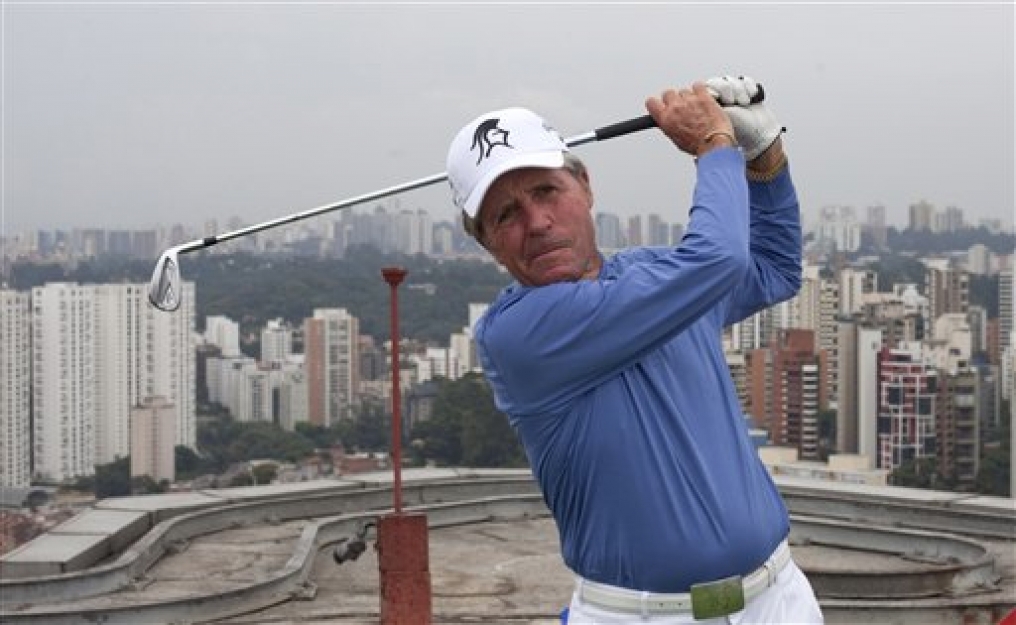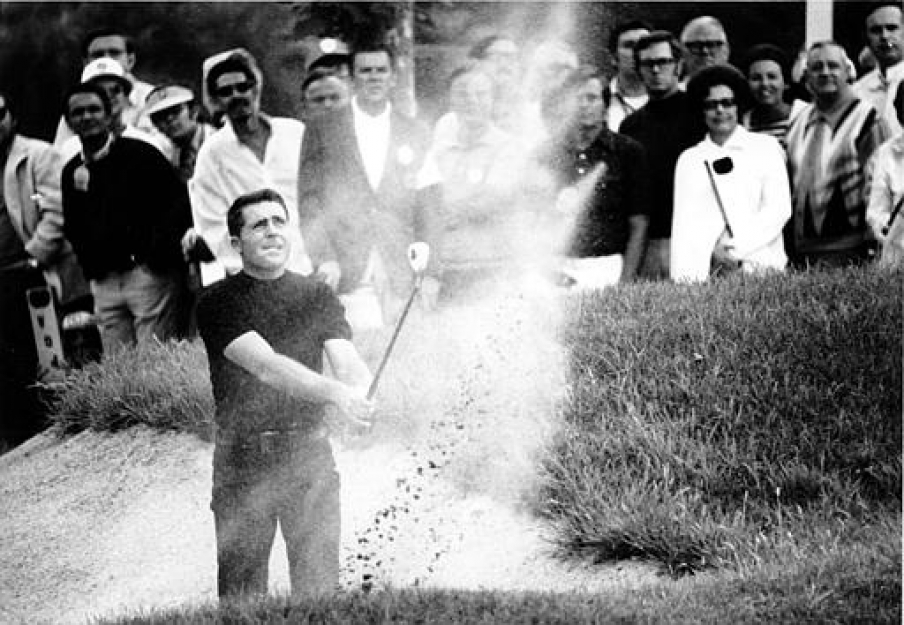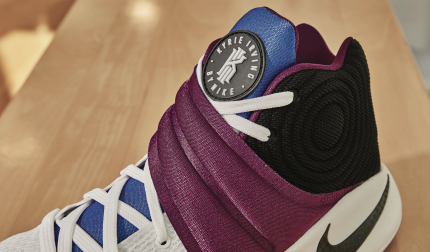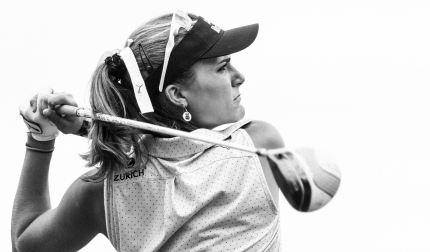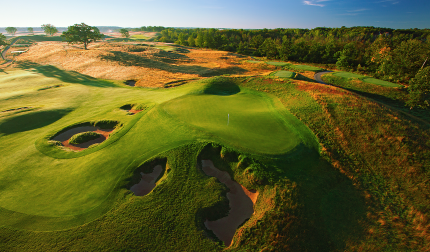You rank third in career professional golf tournament victories and fourth in major championships. What does it mean to you to have such a meaningful legacy in your sport?
I am very proud of my accomplishments, and the game itself has meant the world to me. Golf has allowed me to live the life I dreamed about when I was sitting alone on the bench at 5 a.m., waiting for a bus to take me to school. When I realized I had a chance to play professionally, I decided that I would become a world champion. Once I made that decision, I dedicated myself to working harder than anyone else, keeping a positive mind set, and staying in top physical condition. I cannot stay what my legacy is- that is for others to decide- that is for others to decide- but I know that I accomplished what I set out to do and that is my most important legacy. Whatever anyone says, I know I have been a true world champion.
Do you have a favorite moment from your career?
It is hard to pick one. Winning the Grand Slam on the PGA Tour and again on the Champions Tour were great accomplishments. Being chosen as the captain for three President’s Cup teams was also a great honor. One moment that I am particularly proud of was when I got the then Prime Minister of South Africa, John Vorster, to allow Lee Elder, a black professional golfer, to come to South Africa to play. It was a very brave thing for Lee to do and it helped to show that blacks and whites were equals and could play together.
Who do you consider your greatest rival on the gold course and why?
Jack Nicklaus. We have been friends for over 50 years. The great thing about our friendship is that when we played against each other, we told each other that we wanted to beat the other guy’s brains out. When it was over, no matter who won, we shook hands and said, “I’ll get you next.” Those are great memories and we are still friends today.
You played the Masters 52 times. That has to be one of the greatest records in sports. How much does that level of consistency and persistence mean to you?
A great deal. Fitness was and is such a huge part of my life, and being in top physical condition enabled me to make those 52 appearances at Augusta National. Some people have asked if I am happy that I broke Arnold Palmer’s record of 50. It had nothing to do with breaking records. It was about my dedication to diet, health and fitness and how that has enabled me to play well into my seventies. It was about longevity. My friend Bob Charles and I won the Demaret Division at the Legends of Golf. Winning never gets old even when you do.
What is your proudest achievement as a person off the golf course?
My family. I love being a husband, father, and grandfather. Also, the school we built at Blair Atholl outside Johannesburg, South Africa. The school has matriculated over 1,000 children, and we provide a safe haven where needy children can get quality education, healthy food, sport and exercise, and most importantly, love and compassion. These kids come from very harsh home life, and the school has helped so many of them build a better life and future. It has been a wonderful experience.
What’s the greatest regret or disappointment of your golf career?
I do not have regrets because there is nothing that I can do about the past. I can only learn from it and become a better person. The hardest part of my career was the travel and time I was away from my family. I had to play, and win, a lot to support them, and it required me to be on the road for weeks and sometimes months at a time. It was very difficult being away from them so often.
How do you spend most of your time these days? Course design? Horse breeding farm? Your charities?
I like to pursue my passions. Course design, horse breeding and philanthropy are all passions. I really enjoy going to a course design site and envisioning how the course will lay out, what elevations we will use, how we will shape the holes and how we will use the course to add to the natural characteristics of the land. Our entire design team is working hard to incorporate sustainable design techniques, use organic materials and significantly reduce water usage. We want to create a gold course that is at one with nature.
Please tell us about the Player Foundation and the work it does.
Helping those who are less fortunate than I am is extremely important to me. I grew up poor. My mother died when I was only eight years old; my father worked 12,000 feet underground in the gold mines; my brother was away fighting for the Allies in World War II, and my sister was away at boarding school. I lived alone, except for a wonderful gentleman named John Mashonga, whom I ate my dinner with. I never forgot what it was like and promised when I became able that I would help others. My son Marc started The Player Foundation in 1983 to provide quality education, nutrition, medical care and extra-curricular activities to at risk children living near our home at Blair Atholl. Since then we have expanded to help children in need across the globe. The Foundation is a big part of my life.
Did you ever imagine your charitable efforts would have been as successful as they have been through the decades?
Honestly, no. When we started The Player Foundation, we set out to help a small number of children, and the growth has been amazing. We’ve raised over $30 million so far and my personal goal is to reach $100 million before I leave this earth. It is so important.
What do you like most and least about the evolution of golf during your career?
The game itself has not changed much other than the advances in equipment. What has changed is the money and ease of travel. Guys on tour these days are making millions without winning, traveling in private jets, and getting royal treatment at tournaments. I think that is great, and oh how I wish that I had a seat that turned into a flat bead when I was spending 40 hours of traveling from South Africa to New York. What I don’t like is that because of the money and luxury most of the guys on tour are not putting the time in on the practice range, exercising and eating properly. If you are going to become a superstar, you have to practice harder than anyone else and work on your mind. The mind is the most powerful part of golf and too many tour pros forget that. Look at superstars like Michael Jordan, or Jerry Rice, or Tiger Woods. They practiced relentlessly and stayed in top physical condition. Tiger finishing fourth at The Masters was amazing. He just came off not playing for five months, going through all the troubles he went through, brought maybe his B game, and finished fourth. He did that because of his mind much more than his talent. All athletes need to remember just how hard it is to become a superstar, and if they want it they need to work harder than they ever have before.
Which players do you most enjoy watching on the professional tour today?
Rory McIlroy, he is playing wonderfully for such a young man.
Which current player most reminds you of yourself?
That’s a tough one, but probably Camillo Villegas. He spends a lot of time on the practice range, stays in excellent shape, and at times has shown the mental toughness to win. I think that the more he works on his mental game, the better he will become, and he is already a very good player.
Who were your mentors/idols as a young player?
Ben Hogan had the most influence on me as a golfer. The first time I met him was in the locker room at the 1957 Seminole Classic at The Seminole Golf Club in Florida. Ben was not the most approachable guy, and I was nervous about introducing myself. I walked up and said “Mr. Hogan. I’m Gary Player. It’s a pleasure to meet you.” He shook my hand and grunted hello. I turned and walked away and he said “Player. Do you practice?” I said “Yes sir every day.” He said “Good. Double it.” That really stuck with me. The people who I consider mentors are Nelson Mandela, The Dalai Lama, Mother Theresa, Mahatma Ghandi and Winston Churchill.
What should be done to help promote gold that isn’t being done?
I think that the tours around the world are doing a good job of promoting golf. Golf returning as an Olympic Sport at the 2016 Games in Brazil will help even more. What I would like to see is more public courses, because access is essential to grow the sport. Also, golf needs to become more TV friendly.
Do you have any advice to younger athletes who are beginning to make their way in their sports?
Practice, practice, practice and then practice some more. Eat a healthy diet, exercise regularly and work on your mind. The mental game is so important and overlooked. There have only been twelve superstars in the history of golf and the thing that separated those from the stars was their mental ability. When you master your mind, your body will follow.


